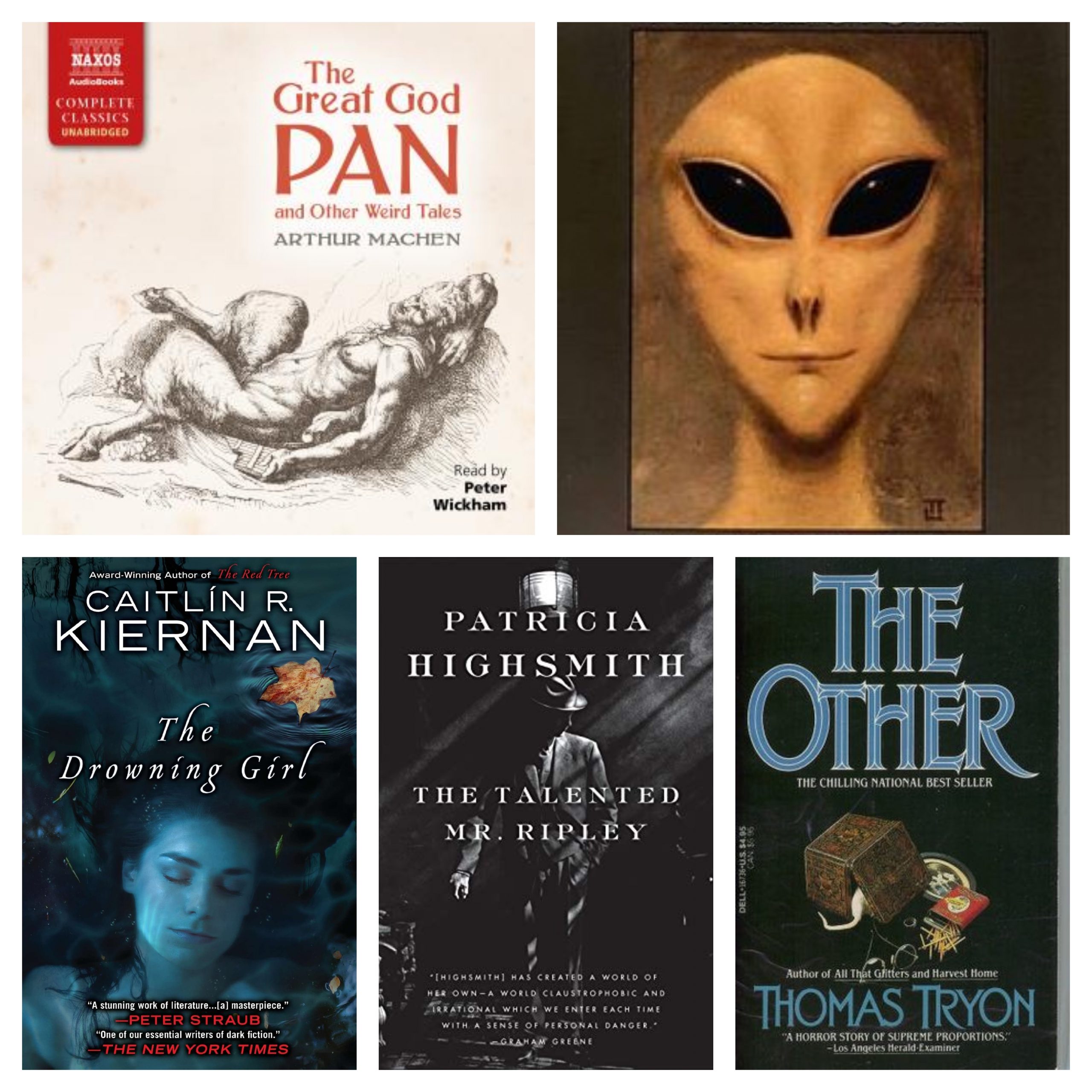As the chill of winter gives way to warm and inviting showers of early spring, we arrive at another installment of this seemingly endless quest to consume as much horror fiction as possible. This time, we have the dark fantasies of one of the kings of weird fiction, a “true” story of horrifying alien abduction, a slippery story of schizophrenia and strange occurrences, a thriller of a slick, devious sociopath and a bonafide classic that helped launched the horror fiction boom of the ’70s and ’80s.
For those just joining me, this is my journey through the following “Best of” Horror lists:
Reedsy Discovery Best Horror Books
Stephen Jones & Kim Newman’s Horror: 100 Best Books
Stephen Jones & Kim Newman Horror: Another 100 Books
If you want to check out my previous entries, they can be found here:
Part 21 | Part 20 | Part 19 | Part 18 | Part 17 | Part 16 | Part 15 | Part 14 | Part 13 | Part 12 | Part 11 | Part 10 | Part 9 | Part 8 | Part 7 | Part 6 |Part 5 | Part 4 | Part 3 | Part 2 | Part 1
Without further ado, let’s waltz into the light fantastic.
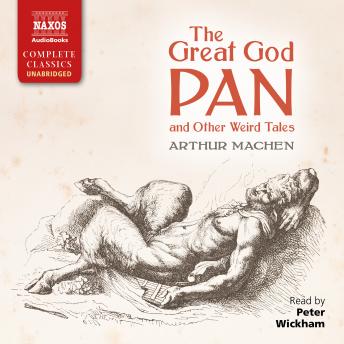
The Great God Pan & Other Weird Tales (Arthur Machen, 1890-1904)
List: Jones/Newman & NPR (“The Great God Pan”)
Arthur Machen is considered one of the great forefathers of the weird tale. A noted influence on many of the great horror authors of the last century from H.P. Lovecraft to Stephen King. Machen’s stories are steeped in mysticism and the occult filtered through the lens of an austere English sensibility. Much of Machen’s story content was fueled by a deep fascination with spiritualism as a practice, and he was known to research various Hermetic practices and associated with major figures of the occult and spiritualism like Aleister Crowley and A.E. Waite.
This audiobook collection includes the entirety of the 1906 edition of The House of Souls as well as a handful of additional stories from Machen’s previous collection Three Imposters. The lead story here is of course Machen’s novella “The Great God Pan”, an odd, disjointed tale of mad science, sexual perversity (mostly implied) and mysterious murder. While I can understand the influence of it, frankly I found the actual reading of it a bit tedious and confusing in places with a start-stop narrative that first begins with a sinister lobotomy before seemingly randomly jumping years forward to a completely different location with little to no explanation as to why. While it does eventually reveal the connection, something about this one just rubbed me the wrong way. The next story “The White People” is one I had read before and found interesting but flawed. Upon revisiting it in audiobook form, I think this format actually works better for this particular story given the way it’s written as a strange and magical stream of conscious tale. I still found the framing story that “The Green Book” is nestled inside overly tedious though. “The Inmost Light” is also a solid story but also one that could’ve done with some tightening of its narrative. The selections from Three Imposters were all of similar quality and made for engaging stories that while obviously from a more complete episodic framing story function as fascinating weird tales in their own way. “The Shining Pyramid”, another story not originally from The House of Souls, having originally been serialized in occultist A.E. Waite’s The Unknown World magazine, begins in classic folk horror fashion with mysterious stones organizing themselves in indecipherable patterns and is also pretty engaging but also suffers from Machen’s more long-winded tendencies. The collection is closed out with “Fragments of Life”, a non-supernatural tale of wistful nostalgia that essentially recounts a man going through a midlife crisis. This one is the longest in the collection and unfortunately the most uninteresting as well. Though it does bear stating that the language is certainly still very much in Machen’s style with a kind of mystical air to it that still helps it fit in with the rest of the collection despite the thematic differences.
Overall, while I can’t say that Machen’s overly belabored writing style is my favorite, I can certainly see the raw imagination and influence at play here that would make Machen so revered by future authors of weird fiction.
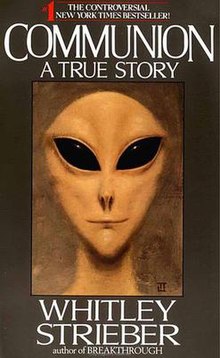
Communion (Whitley Strieber, 1987)
List: NPR
Noted horror and sci-fi author Whitley Strieber narrates a supposedly factual first-person account of his and his family’s experiences with missed time, strange pains and behaviors and an increasingly elaborate story of alien abduction that he conjures forth while under hypnosis. Strieber approaches the subject matter initially with some skepticism but using a kind of internal logic that isn’t entirely sensical at times, he slowly starts to piece together what he feels has been encounters with visitors from beyond.
So first of all, let me start this out by saying that this spun as a true story seems highly far-fetched. While on the surface Strieber seems very matter of fact and lucid about his experiences, some basic research finds a lot of issues with his accounts. Additionally I just don’t find alien abduction stories even remotely scary. So there’s that too. Having said that, Strieber is a seasoned writer and spins this tale with a certain amount of gravitas and story-telling skill that makes it at least somewhat entertaining on a surface level as well as adding a more humanistic, philosophical tone that I appreciate that keeps it from coming across like a raving conspiracy nut story. One other little thing of note I found interesting is that while Strieber does portray the “Greys”, the prototypical aliens often cited (and referenced famously as this cover of this book as well), he also describes more benevolent visitors painted as short, squat little fellas in blue coveralls. Was Strieber visited by Minions!?
Anyway I digress. Overall I can’t say I was a massive fan of this and definitely don’t buy into it as a true story, but it is well-written for what it is.
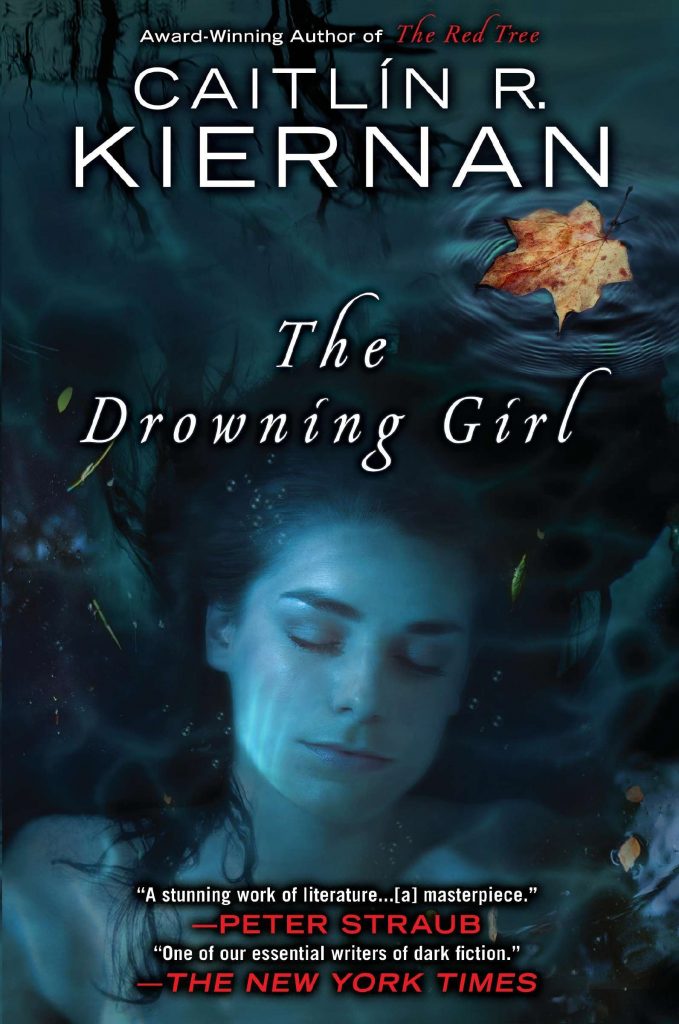
The Drowning Girl (Caitlín R. Kiernan, 2012)
List: Reedsy Discovery
India Morgan Phelps (you can call her Imp though) is the latest in a long line of women who suffer from schizophrenia (her mother, grandmother and great aunt all ghosts who haunt her narrative). It’s a book about werewolves and mermaids. Except that it isn’t. Eva Canning is a ghost, depending on which Eva you’re talking about about. Imp is haunted by lots of ghosts, some ghosts of the past, ghosts of narrative, more tangible ghosts. Factually it may be about all or none of these things, but the truth is that it is about all of them. How does Imp cope with all this while also struggling to maintain a relationship with her transgender girlfriend Abalyn?
The Drowning Girl is a pretty fascinating, intentionally messy and disjointed experience. Imp is the epitome of an unreliable narrator, her thoughts and memories often muddle together, blurring reality and fantasy frustrating herself and those around her. The thing is, as much of a jerk as Imp can be, she’s also pretty likable at times, and that’s pretty critical when you’re trapped in her headspace for so long. This is definitely not a book for those who want a nice neat narrative that ties up every loose end, dots every ‘i’ and crosses every ‘t’. What it does offer though is a mesmerizing trip down a twisting, turning rabbit hole where nothing is as it seems. It’s the kind of book that generates ideas and theories. What is actually happening? I have my own thoughts but I’ll keep them to myself if you don’t mind.
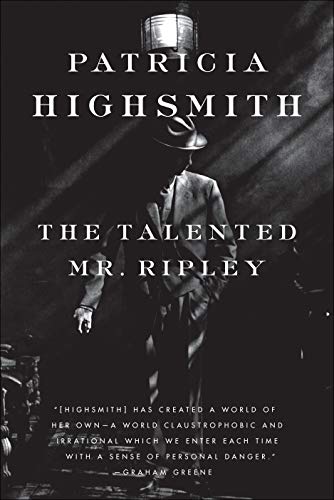
The Talent Mr. Ripley (Patricia Highsmith, 1955)
List: Jones/Newman
Tom Ripley is looking for an escape, so when a wealthy boat manufacturer, Mr Greenleaf, approaches him in a bar asking him to go to Italy and attempt to coax his son Dickie (who Mr. Greenleaf seems to think tom is much better friends with than he is) to come back to America and take up the family business, Tom jumps at the chance. Before long he has insinuated himself into Dickie’s life as his close friend, much to the chagrin of Marge, an American friend of Dickie’s who has unreciprocated feelings for Dickie. As Tom’s frustration with Dickie’s relationship with Marge grows, it leads to Dickie beginning to distance himself from Tom which causes Tom to lash out in a deadly way, sending Tom down a devious path of paranoia and hubris.
I had seen both film versions of this novel (Purple Noon from 1960 and the Matt Damon-starring one from 1999, and while both films are solid in their own ways, neither full does justice to this novel. Tom has a constant inner voice running through the whole book, expressing his doubts, fears and paranoia as the noose he finds himself slipping into growing increasingly tighter and tighter. But this isn’t a murder mystery from the perspective of a hardened detective. This is Tom Ripley’s story, and Highsmith digs in a ghoulish glee, making us feel complicit in Tom’s crimes and even sympathizing with him, the luckiest damn guy on the planet it seems at times. While it may be a bit of a stretch to place this one on a Best Horror list in the same company with Stephen King and Ramsey Campbell, there’s still definitely a thread here of the psychological thriller with Highsmith painting in Tom a succinct picture of an aberrant personality disorder not unlike Lou in Thompson’s The Killer Inside Me or the lead character in Sturgeon’s Some of Your Blood. Tom is incredibly cold and calculating, willing to kill with no remorse at the slightest provocation. This was a cracking good book that makes the read feel complicit in Tom’s escapades as we wait in suspense wondering how Tom will worm or luck his way out of every situation he finds himself in.
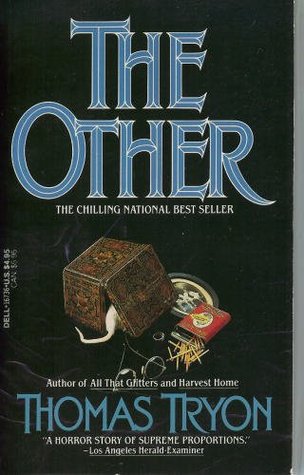
The Other (Thomas Tryon, 1971)
List: Jones/Newman & NPR
13-year-old twins Holland and Niles couldn’t be more different. Niles is an angel, easy and light-hearted with a natural kindness that draws others to him. Holland, on the other hand, you could say was born under a bad sign. He continuously says and does naughty things ill-befitted a healthy young lad. Some of his behaviors even border on cruel. We get to know not only these two boys but their family as well, growing up as descendants of Russian immigrants in a small Connecticut town in the ’30s. After a couple of mysterious deaths take place, it becomes clear that not all may be as they seem with Holland and Niles is powerless to help.
The Other is a hard one to write a synopsis for. Part Our Town, part something much darker, this is a very well-written and engaging novel from former actor Tryon that deals in tricks and illusion, challenging what is and isn’t real with magic tricks a reoccurring motif. The Other is responsible, along with Rosemary’s Baby and The Exorcist, for igniting the massive horror fiction boom of the ’70s and ’80s and it’s easy to see why. This book has powerful imagery and is one that probably bears reading more than once to really get a feel for how ingenious it really is. Despite having seen the film adaptation (scripted by Tryon himself), this novel still put me under its spell and managed to surprise me regardless. It’s difficult to talk about this one without spoilers, so just go read it. I can almost guarantee you’ll love it.

